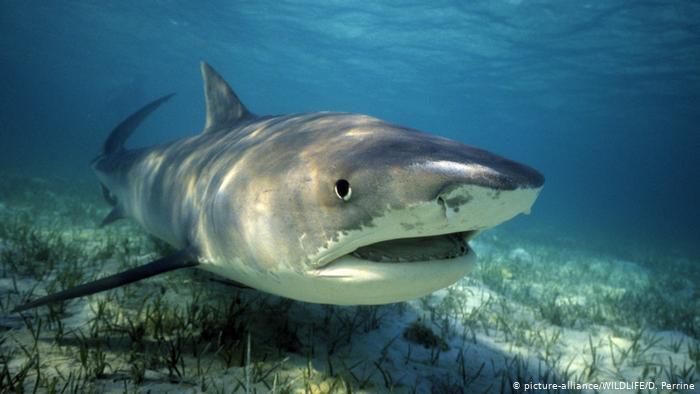Sharks are currently suffering from intensive exploitation in the last decades, which led to an alarming decline in several species population in the last years.
The first forensic tools like DNA bar coding, wherein researchers trace wildlife and monitor their activities, takes a lot of time to remove the samples and observe it in a laboratory. It is costly and takes a lot of time, because of the processing of samples.

Which is why a new and improved method of tracking illegal trade of sharks is currently being developed by scientists through the Polymerase chain reaction (PCR).
PCR is a tool in molecular biology that detects DNA sequences in as little as a few hours, according to Save our Seas.
The aim of the present study was to develop a DNA-based procedure to discriminate shark species by means of a rapid, low cost and easily applicable PCR analysis based on 5S rDNA repeat units amplification, in order to contribute conservation management of these animals,” D. Pinhal, a researcher, wrote in a study published at Scielo.
Diego Cardenosa, Jessica Quinlan, Kwok Ho Shea, and Demian Chapman investigated the PCR method and found that it can detect nine of the 12 Convention on International Trade in Endangered Species (CITES) listed shark species.

12 CITES-listed shark species
1. Rhincodon typus – whale shark
2. Cetorhinus maximus – basking shark
3.Carcharodon carcharias – great white shark
4. Lamna nasus – porbeagle shark
5. Sphyrna lewini – scalloped hammerhead
6. S. mokarran – great hammerhead
7. S. zygaena – smooth hammerhead
8. Carcharhinus longimanus – oceanic whitetip shark
9. C. falciformis – silky shark
10. Alopias superciliosus – bigeye thresher shark
11. A. pelagicus – pelagic thresher shark
12. A. vulpinus – common thresher shark
Their findings have been published in Nature Scientific Reports last November and showed that the new tool and method they used took as little as four hours to run 95 samples at around $0.94 USD per sample only.
Related stories:
– Green groups release graphic photos of dead sharks in a bid to get drum lines banned
– Endangered sharks meat found in British menu, new study shows
– Save the Sharks! Protecting sharks and rays in the Philippines





